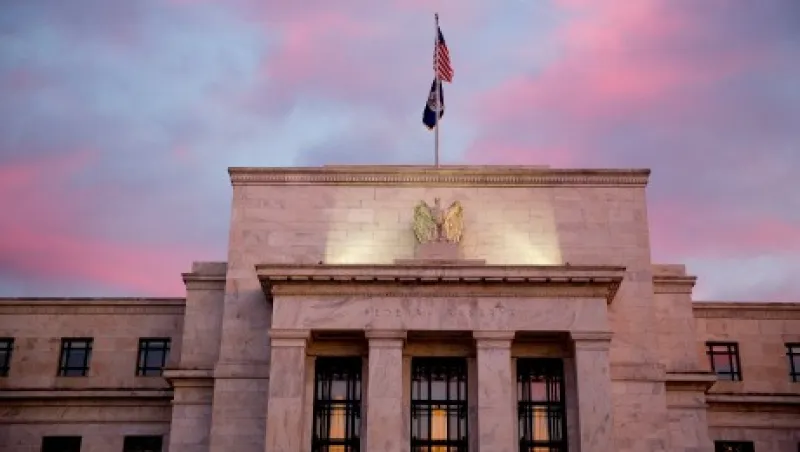The main focus of policymakers during the Federal Open Market Committee yesterday was on how to bolster employment and economic activity measures, rather than on recent volatility in financial markets and economic woes abroad. With the third-quarter U.S. GDP release this morning to lend insight into the country’s economic momentum, the big question facing investment managers now is how rapidly and significantly the Fed’s withdrawal from markets will reverberate across asset price dynamics. As David Rosenberg, chief economist at Gluskin Sheff in Toronto wrote yesterday in a message to clients, markets may stay cushioned even as the Fed retreats. “Who needs quantitative easing anyway when the world’s banks are filling the void,” he commented. “Indirect bidding took up 37 percent of yesterday’s [Tuesday) two-year U.S. Treasury note auction compared with than 30 percent on average over the prior ten sales.”
European numbers offers glimmer of hope. European economic indicators released today showed modest promise. In Germany, October unemployment data improved on a head-count basis while the headline rate remained unchanged. Separately, the European Commission‘s monthly sentiment survey for October, improved with the headline index rising well into positive territory at 100.7 for the euro zone.
World’s largest bank reports uptick in soured loans. Industrial & Commercial Bank of China, the largest bank in the world in terms of total assets and market capitalization, announced today a 9 percent quarter-over-quarter increase in nonperforming loans, a multiyear high, as the largest global lender by assets met analysts’ third-quarter earnings forecasts. ICBC announced 8.2 billion yuan ($1.39 billion) of provisions against bad debt, a 30 percent increase year-over-year. Nonperforming debt remains the focus of concerns over the Chinese financial system broadly as Beijing works to rein in excessive property investment levels.
Fortress reports third-quarter growth. Fortress Investment Group’s release this morning included a 3 percent increase in fee-paying assets for third-quarter 2014, and the company announced a dividend. The performance of the firm’s flagship Macro Fund has come under investor scrutiny recently for drawdowns on bets on U.S. rates and Japanese equities, while questions over fee compression continue to dog the hedge fund industry in general. Oregon–headquartered apparel company Columbia Sportswear will be among the large-cap equities reporting after the market close today.
Margin debt on the rise. In spite of any trepidation over the winding down of Federal Reserve easing, investors appear to remain comfortable with leveraged bets in the U.S. stock market. New York Stock Exchange data released this week indicates that margin debt rose in September to levels approaching the multiyear high reached in February.
Portfolio Perspective: Washington, D.C.: The Ultimate Turnaround Investment Story — Nicholas Colas, ConvergEx Group
We recently surveyed financial professionals regarding their take on the U.S. political scene. The upshot? Wall Street is deeply unhappy with both ends of Pennsylvania Avenue. Out of our 186 respondents, 73 percent disapprove of President Barack Obama’s performance and 81 percent felt the same way about Congress. If recent polling about next Tuesday’s midterm elections is correct, the Republican Party has a good chance of taking back the Senate. When we asked our survey takers which industrial sectors would rally in the aftermath of such an outcome, they called out every group except health care. The two sectors our panel favored most in the case of a GOP win were energy, with 90 percent of respondents; and financials, with 88 percent of those polled.
Nicholas Colas is chief market strategist at ConvergEx Group, a New York–based global brokerage firm whose clientele includes institutional investors and financial intermediaries.






